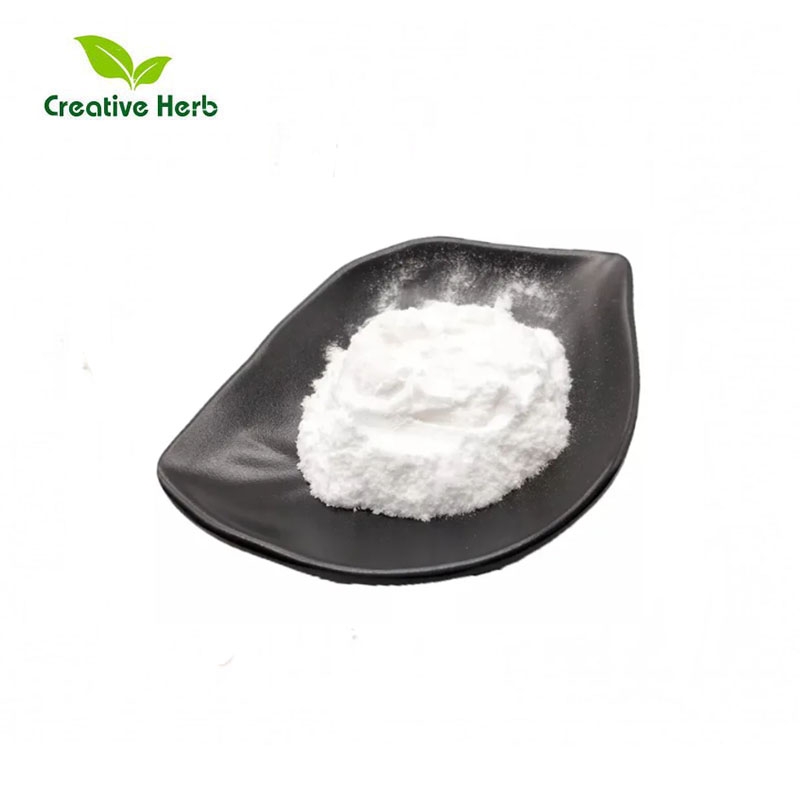PLoS Biol: circadian rhythm disorder promotes tumor growth
-
Last Update: 2019-05-08
-
Source: Internet
-
Author: User
Search more information of high quality chemicals, good prices and reliable suppliers, visit
www.echemi.com
May 8, 2019 / biool / - yool Lee, AMITA Sehgal and their colleagues at the University of Pennsylvania recently published a new study in the open-source journal PLoS Biology, showing that disrupting normal circadian rhythms can promote tumor growth and inhibit the effect of anticancer drugs The results of this study provide evidence for "time therapy", which refers to the treatment of cancer with cancer drugs according to the endogenous circadian rhythm Circadian rhythms regulate many aspects of physiological activity, from organism to subcellular level Whether it's through airplane travel, shift work, or circadian rhythms caused by sleep disorders, are known risk factors for several cancers In animal models, hormonal induced circadian rhythm disorder promotes tumor growth, but its underlying mechanism is unclear To reveal the underlying mechanism, the authors used the hormone dexamethasone to slowly speed up the biological rhythm of cultured cells They found that drug treatment altered the expression of many genes, especially those involved in regulating cell cycle Circadian disorder increases cell proliferation, which can be traced back to the increased expression of cyclin D1 Cyclin D1, in turn, activates cyclin D-dependent kinase 4 / 6 (CDK4 / 6), a protein that transforms cells from growing larger to synthesizing new DNA, eventually leading to cell formation Because tumor growth is closely related to cell division, many anticancer drugs try to prevent the growth of cancer cells through cell cycle The researchers found that one of the anti-tumor drugs, pd-0332991, which can inhibit the activity of CDK4 / 6, changed its anti-tumor ability over time, so morning treatment was more effective than night When the circadian rhythms of cells and mice were disturbed, the efficacy of pd-0332991 decreased "We believe that chronic disruption of normal circadian rhythms suggests that the balance between tumor suppressor gene expression and tumor progression gene expression is beneficial for tumor growth," Sehgal said Better understanding of the molecular effects of jet lag, shift work and other sources of chronic interference may lead to strategies to reduce the risk of cancer associated with these behaviors, as well as better treatment strategies, including scheduling cancer treatment for maximum benefit " Reference materials: Lee y, lahens NF, Zhang s, bedont J, field JM, Sehgal a (2019) G1 / s cell cycle regulators intermediate effects of circular dysregulation on more growth and provide targets for time independent treatment PLoS Biol 17 (4): e3000228 Doi.org/10.1371/journal.pbio.3000228
This article is an English version of an article which is originally in the Chinese language on echemi.com and is provided for information purposes only.
This website makes no representation or warranty of any kind, either expressed or implied, as to the accuracy, completeness ownership or reliability of
the article or any translations thereof. If you have any concerns or complaints relating to the article, please send an email, providing a detailed
description of the concern or complaint, to
service@echemi.com. A staff member will contact you within 5 working days. Once verified, infringing content
will be removed immediately.







